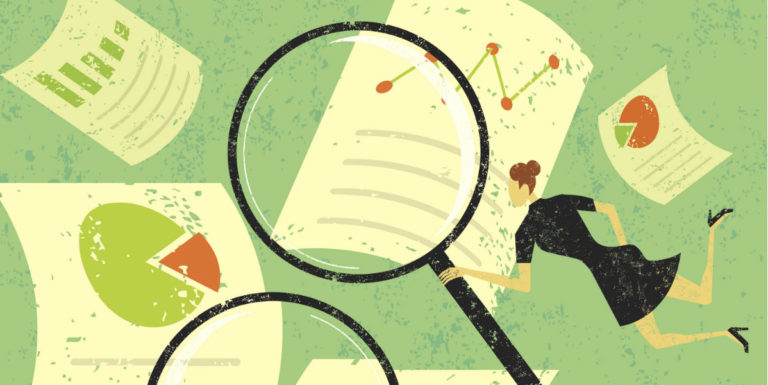In this short blog, Dr. Behrooz Makki, the outstanding nominee of the 2020 IEEE ComSoc Best YP, shares some of the points of view on reviewing the papers. Behrooz explains his understandings as an editor of different IEEE journals, TPC of multiple IEEE conferences, and the reviewer of more than 300 IEEE journal papers. However, we believe most of the following attributes hold in general.

Today, regardless of whether it is good enough or not, the publication of technical papers is one of the main evaluation metrics, particularly in academia. Research projects aim at publishing their outcomes in the top venues of the field. Also, the publication is (unofficially) a requirement for, for instance, a Ph.D. defense and helps in attracting research grants. As a result, we see submitting several research papers every day to conferences and journals for evaluation and possible publication. Expert reviewers should review the submitted article to evaluate its quality. This procedure results in a massive workload for, for instance, IEEE, as the world’s largest technical professional organization, to manage the review process accurately and in time.

An in-kind responsibility
To help an editor in deciding on a paper, at least three reviewers should review the article. Therefore, as a rule of thumb, we should review three research papers for every research paper that we submit. Initially, it may look like a waste of time because you receive no payment/credit from your employer or IEEE for reviewing research papers. However, we need to help the publication system run; otherwise, there will be no reviewers for our research papers at the end.
Importantly, reviewing a paper is not just an in-kind contribution, but it also is an opportunity to expand your knowledge. By reviewing research papers not necessarily in your primary field of research, you learn new topics, become updated on hot topics, and become familiar with different research groups. This process eventually will help in shaping your future career.

A tool to make your career
Especially if you have an academic career, among the achievements is to become a member of the technical program committee (TPC) in the conferences or editor in the field’s top journals. Such achievements increase your visibility and help in networking. However, to be invited for editorship and TPC membership requires you to be an expert reviewer with a track record of multiple reviews.
An opportunity to learn how to write good papers
Academic writing courses typically concentrate on the correct structure of papers. However, to become an expert author, you need to understand how the reviewers treat the research papers. Reviewing research papers is an efficient way to become experienced with the reviewers’ critical points of interest. In summary, reviewing research papers is a tool to become a professional scientist and at the same time help your research society.
Finally, I finish the blog with a shortlist of To-do/not-to-do:
- Do not accept a review if there is a conflict of interest or the paper is entirely out of your expertise: When deciding on a research paper, the most crucial point for an editor is to have fair and accurate comments. Therefore, accept a review invitation only if you are sure that you know the topic and can be ethical.
- Be on time: Each conference/journal has a specific timeline for making decisions. Therefore, delaying the review will affect the reputation of the conference/journal and leads to extra work for the editor to find new reviewers.
- Spend enough time reviewing a paper: Careless review makes it difficult for the editor to decide about the research paper and bothers the authors. Therefore, it is essential to spend enough time to understand the research paper you review.
- Be sensitive to the contributions and novelty: Today, many redundant epsilon-contribution papers are submitted. Therefore, it is essential to verify the contributions and originality of the submitted works compared to the state-of-the-art.
- Do not ask for self-citation: Finally, avoid asking for self-citations to help the review process go ethically. A good paper always receives citations with no need for such requests.
**Statements and opinions given in this blog are the expressions of the contributor(s). Responsibility for the content of published articles rests upon the contributor(s), not on the IEEE Communication Society or the IEEE Communications Society Young Professionals.
